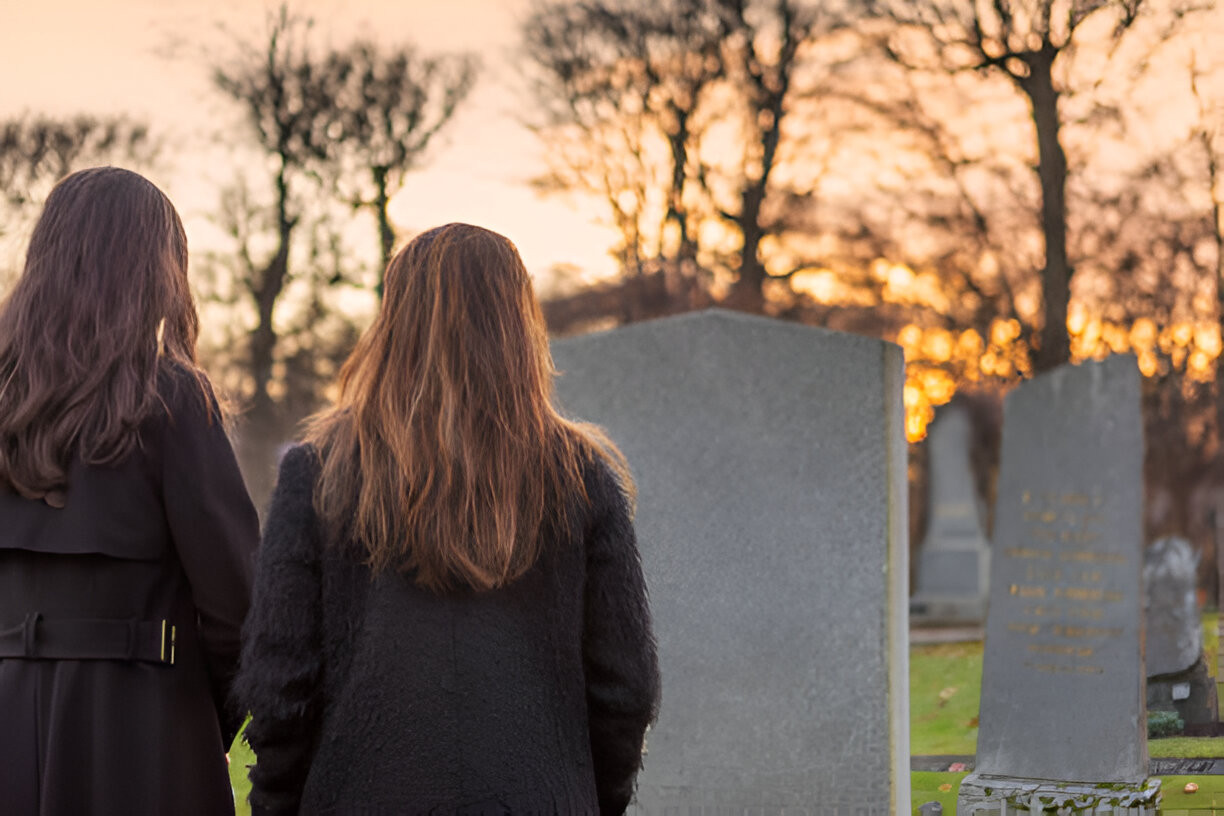The end of hospice care marks the beginning of a profound journey through grief. At Bluebird Hospice, we understand that our commitment to families extends far beyond the final goodbye. The bereavement period requires specialized support, resources, and compassionate guidance to help loved ones navigate their unique path through loss.
Understanding Grief After Hospice Care
Grief following hospice care often carries unique characteristics. Families have typically had time to prepare emotionally, yet the finality of loss can still feel overwhelming. The transition from active caregiving to bereavement can leave family members feeling lost, purposeless, or uncertain about their next steps.
Every grief journey is deeply personal. Some may experience relief mixed with sadness, while others feel guilt about that relief. These complex emotions are entirely normal and valid parts of the healing process.
Immediate Bereavement Support Services
Professional Grief Counseling
Licensed bereavement counselors specialize in helping families process their loss. These professionals understand the unique aspects of hospice-related grief and can provide:
- Individual counseling sessions tailored to personal needs
- Family counseling to help loved ones support each other
- Specialized support for children and adolescents
- Crisis intervention when grief becomes overwhelming
Support Groups and Peer Connections
Connecting with others who have experienced similar losses can provide immense comfort. Many communities offer:
- General bereavement support groups
- Spouse or partner loss support groups
- Parent loss support groups for adult children
- Faith-based grief support communities
- Online support groups for those unable to attend in person
Memorial and Remembrance Services
Honoring your loved one’s memory can be an important part of healing. Consider:
- Memorial services that celebrate life and legacy
- Annual remembrance ceremonies
- Memorial gardens or tribute spaces
- Creating memory books or photo collections
- Establishing charitable donations in their honor
Practical Support During Bereavement
Administrative Assistance
The practical aspects of loss can feel overwhelming when combined with grief. Helpful resources include:
- Guidance on handling estate matters
- Assistance with insurance claims and benefits
- Support navigating social security and veteran benefits
- Help organizing important documents
- Referrals to trusted legal and financial professionals
Daily Living Support
The transition from caregiving can leave a significant void in daily routines. Support options include:
- Meal delivery services for the immediate weeks following loss
- Household assistance during the initial grief period
- Transportation support for appointments or errands
- Pet care assistance when needed
- Connection to community volunteer programs
Long-Term Bereavement Resources
Continued Counseling and Therapy
Grief doesn’t follow a timeline, and professional support may be needed months or even years after loss. Long-term options include:
- Ongoing individual therapy
- Complicated grief counseling for those experiencing prolonged difficulty
- Family therapy to address changing dynamics
- Specialized trauma-informed care when needed
Educational Resources and Workshops
Understanding grief can help normalize the experience. Valuable resources include:
- Workshops on coping strategies and self-care
- Educational materials about the grief process
- Books and online resources recommended by professionals
- Webinars and podcasts about healing and resilience
- Art therapy and creative expression workshops
Community Integration and Social Support
Rebuilding social connections and finding new purpose can be crucial for long-term healing:
- Volunteer opportunities that honor your loved one’s memory
- Social groups for widowed individuals or bereaved parents
- Hobby and interest groups to rediscover joy
- Faith community support and spiritual guidance
- Mentorship programs connecting experienced grievers with newly bereaved
Supporting Children and Adolescents
Young people process grief differently than adults and require specialized support:
Age-Appropriate Counseling
- Play therapy for young children
- Art and music therapy for creative expression
- Teen support groups with peer connections
- School-based grief counseling programs
Educational Support
- Communication with teachers and school counselors
- Academic accommodations during difficult periods
- Peer support programs within schools
- Resources for explaining death and grief to children
Self-Care During Bereavement
Grief can be physically and emotionally exhausting. Essential self-care includes:
Physical Wellness
- Maintaining regular sleep schedules when possible
- Gentle exercise and movement
- Proper nutrition, even when appetite is poor
- Regular medical check-ups during the grief period
Emotional Wellness
- Allowing yourself to feel without judgment
- Setting boundaries with well-meaning but overwhelming visitors
- Practicing mindfulness or meditation
- Journaling or other forms of emotional expression
Spiritual Wellness
- Connecting with faith communities if desired
- Exploring spiritual practices that bring comfort
- Finding meaning and purpose in the loss experience
- Connecting with nature and peaceful environments
How Bluebird Hospice Continues to Support You
Our commitment to your family doesn’t end with hospice care. We provide:
- Continued access to bereavement counselors and social workers
- Regular check-ins during the first year of bereavement
- Referrals to community resources and support services
- Educational materials and support group information
- 24/7 crisis support when grief becomes overwhelming
- Annual memorial services and remembrance events
When to Seek Additional Help
While grief is natural, certain signs indicate the need for professional intervention:
- Inability to function in daily life after several months
- Persistent thoughts of self-harm or suicide
- Complete social isolation and withdrawal
- Inability to accept the reality of the loss after extended time
- Severe depression or anxiety that interferes with basic functioning
- Substance abuse as a coping mechanism
Creating Your Personal Support Network
Building a comprehensive support system involves:
- Identifying trusted friends and family members who can provide ongoing support
- Connecting with professional counselors or therapists
- Joining support groups that feel comfortable and helpful
- Establishing relationships with spiritual leaders if desired
- Maintaining connections with your hospice team for continued guidance
Finding Hope and Meaning
Grief is not something to “get over” but rather to integrate into your life story. Many bereaved individuals eventually find:
- New ways to honor their loved one’s memory
- Deeper appreciation for relationships and life
- Increased empathy and ability to help others
- Spiritual growth and understanding
- Purpose in sharing their experience to help others
Moving Forward with Support
The journey through grief is not linear, and setbacks are normal. With proper support and resources, most people find ways to rebuild meaningful lives while carrying their loved one’s memory forward.
Remember that seeking help is a sign of strength, not weakness. Professional bereavement support can provide tools and strategies for healing while honoring your unique grief process.
At Bluebird Hospice, we remain committed to supporting you through this journey. Our bereavement team is here to help you access the resources and support you need, whenever you need them.
For immediate bereavement support or to learn more about our resources, contact Bluebird Hospice at (248) 264-3704 or visit us at bluebirdhospice.com. Our bereavement coordinators are available to discuss the support options that best meet your family’s needs.

